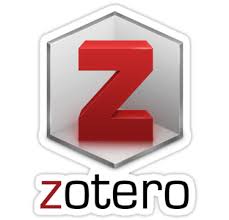Manajemen Strategik Dalam Kerjasama Team Work Pada Lembaga Pendidikan Islam
Keywords:
Strategic Management, Team Collaboration, Islamic EducationalAbstract
Member performance refers to the ability of members to carry out all the tasks and responsibilities assigned to them. Member performance improves when they actively engage, participate, and become part of a team within the organizational unit where they work. Member participation in organizational processes enhances their awareness of the tasks and responsibilities entrusted to them. Self-managed leadership teams are permanent teams characterized by specific elements. These teams consist of members with diverse skills and functions, collectively sufficient to complete major organizational tasks. Teams are granted access to resources such as information, equipment, tools, and supplies needed to perform their duties. They are also empowered with decision-making authority, allowing members to select new members, solve problems, allocate funds, monitor outcomes, and plan for the future. There are ten key characteristics required for teams and participation to achieve outstanding performance and rapidly meet expected goals. These characteristics include principles, objectives, and goals; openness and confrontation; support and trust; cooperation; communication and conflict management; appropriate work and decision-making procedures; effective leadership; regular work and program reviews; individual development; inter-group relations (social); and synergistic emotional bonds.



